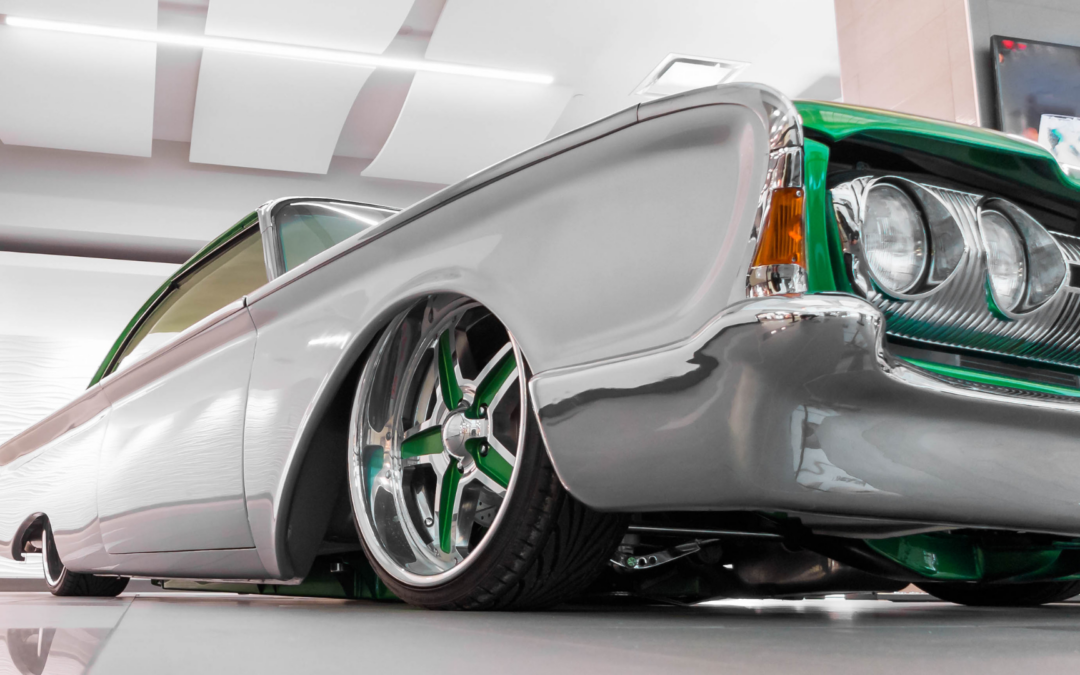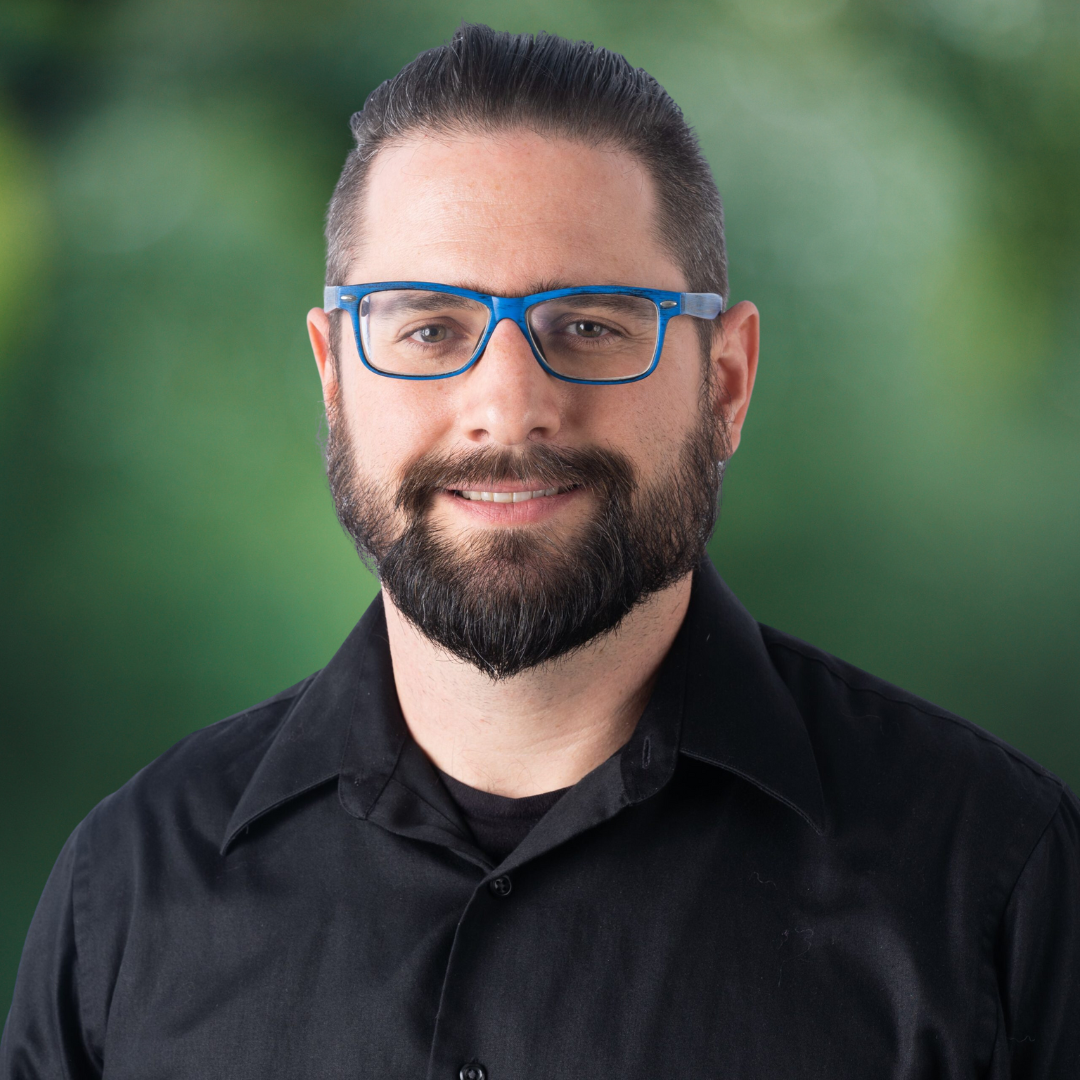When you think of electric vehicles, what do you think of? Teslas? Rivians? Quiet sedans owned by the few that can currently afford them? That doesn’t connect with the diverse car culture of Sacramento today. The intersection of low-rider culture and the burgeoning field of electric vehicles (EVs) presents a unique opportunity for job creation and community engagement. ShaVolla and Carlos Rodriguez, members of the Duke’s Car Club Sacramento Chapter, has a different vision, and connected with Jaime Lemus Division Manager at Sacramento Metropolitan Air Quality Management District, to make something cool. EV Access thru EV Lowriding is an initiative to electrify a lowrider vehicle isn’t just a technological innovation; it’s a culturally grounded project that aims to bridge the gap between traditional automotive customization and the future of transportation.
The Cultural Significance of Lowriders
Lowriders are more than just cars; they are rolling canvases that reflect the identities, families, and histories of their owners. For many, these vehicles are heirlooms, passed down through generations, encapsulating stories and memories. They’re not merely modes of transport but symbols of community, artistry, and pride. In the very essence of their customization — the detailed paintwork, the intricate hydraulics, the polished chrome — lies a legacy of innovation and personal expression.
The Electric Revolution in the Lowrider Community
The advent of EVs is revolutionizing the automotive industry. However, there’s a valid concern within the lowrider community about being left behind in this shift. Jaime Lemus’s project, inspired by conversations with figures like Savala Rodriguez, is a proactive step towards ensuring that this doesn’t happen. By creating an electric lowrider, the project not only keeps the community at the forefront of automotive technology but also pays homage to the spirit of customization that defines lowriding.
Job Opportunities and Skill Development
The electrification of lowriders opens up a spectrum of job opportunities. It requires a blend of traditional automotive skills and modern technology, creating roles for digital technicians who can code and operate laptops as well as for those skilled in bodywork, welding, and the mechanical aspects of car modification. This unique combination of skills can generate job opportunities that honor the past while looking to the future.
Educational Pathways and Training
To equip individuals with these hybrid skills, the EV Lowrider project includes working with SAVA, Sacramento Academic and Vocational Academy, developing a curriculum focused on EV retrofitting. This program is not just about job training; it’s about creating a pathway for young enthusiasts and existing professionals to adapt to new technologies while keeping the essence of the lowrider culture intact. It also opens doors for those who may not be interested in traditional four-year college degrees, providing an alternative route to gainful employment and entrepreneurship.
Community Empowerment and Inclusion
One of the most compelling aspects of this initiative is its potential to empower communities. By involving local business owners, such as those on Franklin Boulevard with auto body shops, the project ensures that the economic benefits of this technological transition are distributed within the community. Furthermore, the project could help dismantle the stigma often associated with government programs, demonstrating a tangible benefit to engaging with such initiatives.
Intergenerational Collaboration
The project is also an exercise in intergenerational collaboration. The experience and wisdom of older car modifiers blend with the tech-savvy insights of the younger generation, creating a learning environment that is both dynamic and inclusive. This ensures that the legacy knowledge within the community is not lost but is instead enriched with new technological perspectives.
Future Prospects and Community Decisions
The decision on which vehicles to electrify next is community-driven, emphasizing a democratic approach to technological advancement. Whether it’s a classic truck, a luxurious sedan, or an iconic hot rod, the community’s input is paramount. This process not only fosters community engagement but also ensures that the vehicles represent the people they serve.
The electrification of lowriders is not just a project about cars; it’s about respecting tradition while embracing innovation. It’s about creating jobs, building skills, and ensuring that a vibrant culture continues to thrive in an electric future. As this initiative unfolds, it promises to serve as a blueprint for how communities can navigate technological change without losing the essence of their cultural heritage.
ABOUT THE AUTHOR
Thomas is the Executive Director of CleanStart. Thomas has a strong background in supporting small businesses, leadership, financial management and is proficient in working with nonprofits. He has a BS in Finance and a BA in Economics from California State University, Chico. Thomas has a passion for sustainability and a commitment to supporting non-profits in the region.
Sponsors




Weintraub | Tobin, Revrnt, Moss Adams, PowerSoft.biz, Greenberg Traurig


